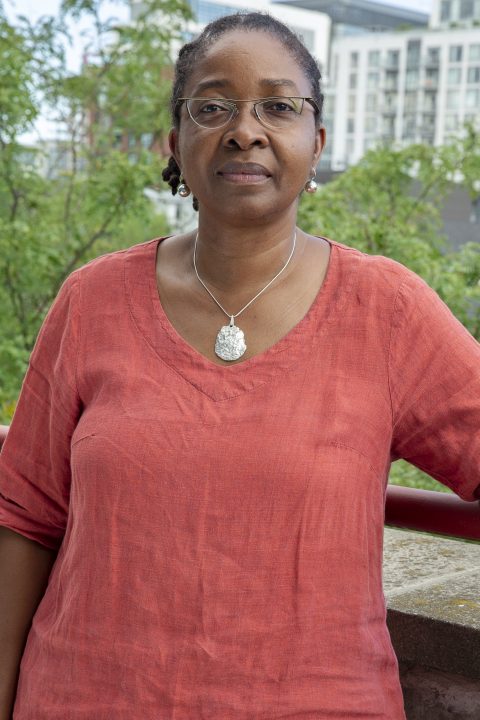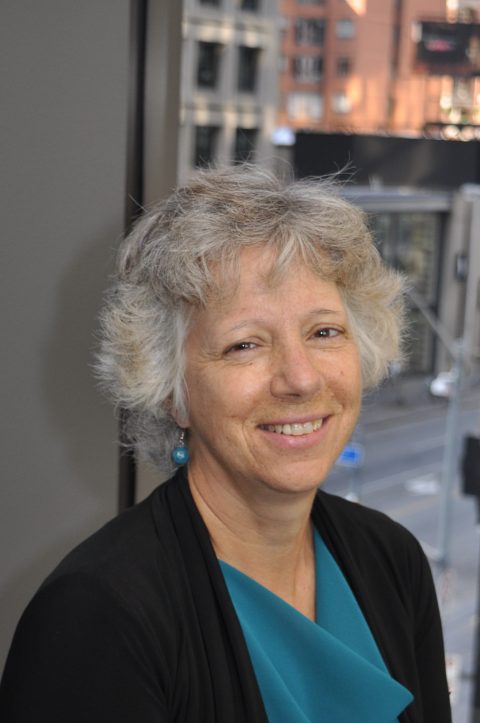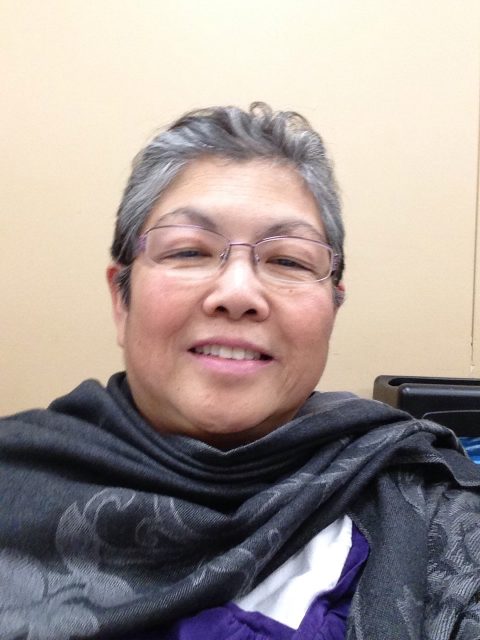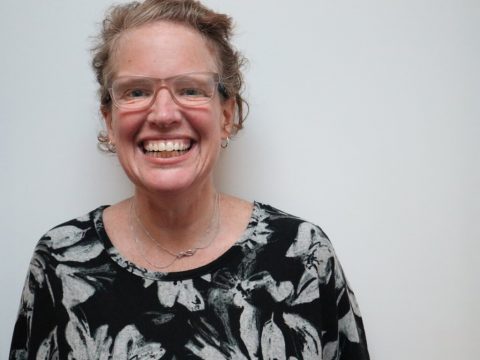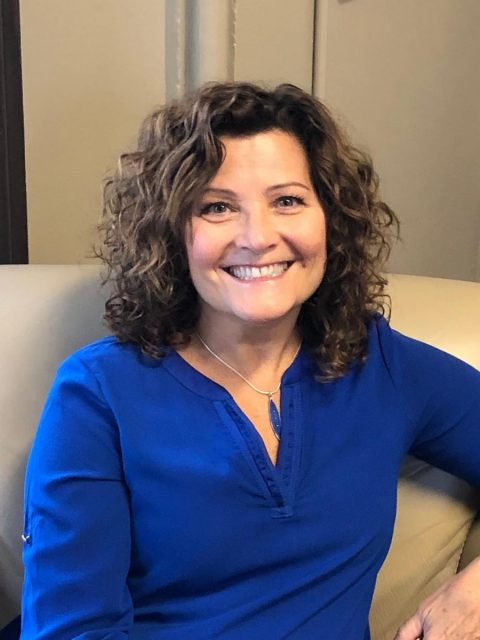Supporting Clients and Staff during COVID-19 #QIOnTheFly
Many Community Mental Health and Addiction agencies have remained open during the pandemic and are having to adapt the way the delivery services to meet the needs of their clients/tenants (change ideas). Some of the changes we expect will continue after the pandemic is over and will be a new way of operating, others will be temporary during the COVID-19 conditions. We would love to hear from you about the QI changes that you are making “on the fly” by sharing your story with us @EQIP_ON using #QIOnTheFly. Need more “characters”? No problem! You can also share with us using our ‘Quick QI template’ and emailing us at quality@e-qip.ca. Of course, we’re always happy to chat over the phone as well. This is a great opportunity to spread your amazing ideas and clients/tenants/staff and families will benefit.
BISNO (Brain Injury Service of Northern Ontario) discovered an app – “Text Now” that can be downloaded for both Android and Apple products. According to BISNO’s Alice Bellavance, CEO, the app is free with an option of a small monthly cost to avoid the ads. Community Rehab Facilitators sign on to the service with their BISNO e-mail address and are then provided with a unique and separate telephone number to use to support clients rather than having to use their personal cellphone number. The staff simply log in at the beginning of the work day, and log out when finished. Using “Text Now” is part of a unique IT project which began last September and has proven itself to be an effective way to provide service to more clients and in a more timely and well received manner.
CMHA HKPR – have successfully worked with their organizational bank to get debit cards for clients involved with their trustee program. According to Linda Saunders, Director of Corporate Services (E-QIP QI Coach) clients who previously were unable to get a debit card, without the proper ID are now able to be supported with on-line banking.
CMHA Middlesex – According to Chris Babcock, Quality and Performance Improvement Officer/Privacy Officer, Human Resources has created a staff redeployment system to redeploy full and part time staff who cannot work from home to other programs that are essential services i.e. community wellness program staff are being trained in areas that fit their expertise (supportive listening line, reach out call centre, supportive housing, crisis stabilization). Part of this initiative was implementing a process where staff can work from home to answers Reach Out and Support Line calls. Phase one has begun.
Habitat Services – has been providing support to tenants through regular phone check-ins and connecting tenants by computer/phone for on-line wellness group support. In person support is assessed on a case by case basis. Staff have supported tenants to important medical appointments. According to Thuan Ngo, Director, Housing Support Program, a unique and well received innovation by staff is the individually boxed food drop offs to the homes of tenants for special cultural meals, celebrating birthdays, to welcome a tenant home from the hospital and to generally let the tenants know that the staff are thinking of them during this challenging time.
Ray of Hope Youth Addiction Service – According to Glynis Burkhalter, program director, they have moved their community treatment and intake/assessment services to phone/text/ video chats; one or two attempts have been made to do the GAIN Q3 assessment by video chat. Their Day treatment program is also using phone/text/video chat, and Monday Mar. 30 this team introduced daily video webinars to continue providing programming to participants. The video conferencing/webinar app is PHIPA compliant. Their residential treatment program remains open, new clients are self-isolating for 14 days and they have moved to 1 person per bedroom.
Serenity House – paused new admissions for 2 weeks so they could review their options and protocols while ensuring as much safety as possible for clients and staff alike. According to Monique Brisson, Executive Director, the residential addiction treatment agency has re-opened admissions for new clients while housing one group within Transitional Housing and offering them remote virtual groups. They are also conducting individual counseling through a PHIPA approved virtual site for those clients that have moved on to their own homes but still require their services. The 3 locations of Transitional Housing continue to admit new clients and have been operating at full capacity with 24 beds. “While our services have been modified, our team has found innovative ways to ensure our vulnerable population can still receive residential services during this time of change and uncertainty. Together, we are stronger!”
We are inspired by you all everyday! Thank you for all you are doing for your clients, colleagues and neighbours during this time. We are all in this together.
The E-QIP Team

